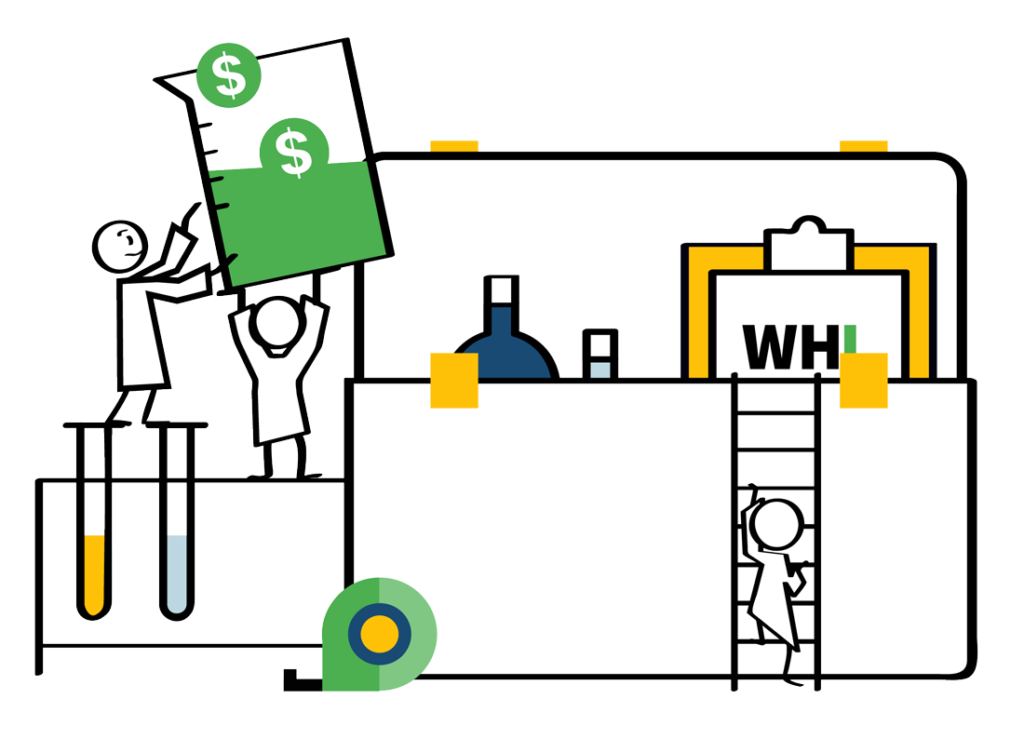If you think building up enough cash reserves and income to retire within ten years is impossible, think again. The reality is, early retirement is absolutely possible. All you need is some education, some street smarts, and dedication to your goals to make it work.
Don’t believe me? If retiring early sounds unrealistic, consider a few people who have done it already. Take the blogger behind the website Mr. Money Mustache, for example.
MMM, as he’s commonly called, worked together with his wife to live frugally and save bountifully, starting in their early 20’s. By the time they were in their early 30’s, they had over $1 million in investments stashed away.
These days, the Colorado couple lives off the interest they make on the investment accounts – and they have been doing so for more than ten years.
The difference between Mr. Money Mustache and most of the world is that most people don’t think too much about retirement life until after they’re retired. Only then do they find out how unprepared they were, and how many things they should have been doing all along.
In other words, they find their shortfalls by looking at life through retirement’s rear view mirror. But, we all know what “shoulda, woulda, coulda” gets you – not a lot.
Deacon Hayes, who teaches others how to achieve early retirement through his website, WellKeptWallet.com, believes that planning ahead is the most important part of acquiring enough money to retire or retire early.
“You might think that retiring early means you must have a large income, but in fact it’s possible to do this with many levels of earnings,” says Hayes.
Still convinced that having enough money to retire in 10 years or less isn’t doable? Let’s look at some of the income sources of those who have been able to retire early. Once you realize how early retirement works for others, it’s a lot easier to imagine how it might work in your own life.
Three Key Income Sources for Early Retirement
If you do a Google search for popular income sources for funding early retirement, you’ll probably find that there are three key multiple income streams most early retirees focus on:
- Stock market investments
- Real estate investments
- Business ownership
Although there are other avenues of income generation to provide for retirement, these three seem to be the most common among the early retirees I’ve read about and met personally.
Then, there’s my own story. Ultimately, my own path to financial independence was paved not only by my business endeavors, but by my willingness to live frugally early on so I could fast track my investment savings.
The reality is, most people who retire early – and wealthy – have several irons in the fire and several different income streams to fund their goals and enhance their lifestyle.
How Much Money Will I Need For Retirement?
But, let’s not put the cart before the horse. Before you can calculate how to save or invest enough cash for retirement within ten years, you need to know what your target post-retirement monthly income needs will be.
The fastest way to determine that number is to create a potential post-retirement budget. Write down every expense you’ll need to cover, including basics such as housing costs and extras like travel and entertainment.
Don’t forget to include a line item for saving for future emergencies such as replacement vehicles, car repairs, or home repairs. And don’t forget that you should try to cut your expenses, too.
Keep in mind that, the lower your expenses, the faster you’ll be able to retire, notes Benjamin Brandt, financial planner and host of retirement podcast Retirement Starts Today Radio.
“Reducing your expenses will allow your retirement savings to stretch as far as possible, thus bringing your retirement goal closer,” he says.
While paying off all credit card debt and other unsecured debts is a no-brainer no matter where you are in your financial journey, try to pay off any consumer debt or mortgage debt to whittle your post-retirement expenses down even further.
It’s also important to decide what your retirement housing situation will look like: Will you continue to live in your current home or will you transition to something smaller and less expensive?
As you discover what an ideal budget in retirement will be, you can use that targeted monthly number to determine your retirement savings goals.
For the sake of example, let’s say your retirement expenses will be $4,000 per month.
How can you create a $4,000-per-month income source that will position you for retirement in ten years? Here are a few ways to get there.


Leave a Reply